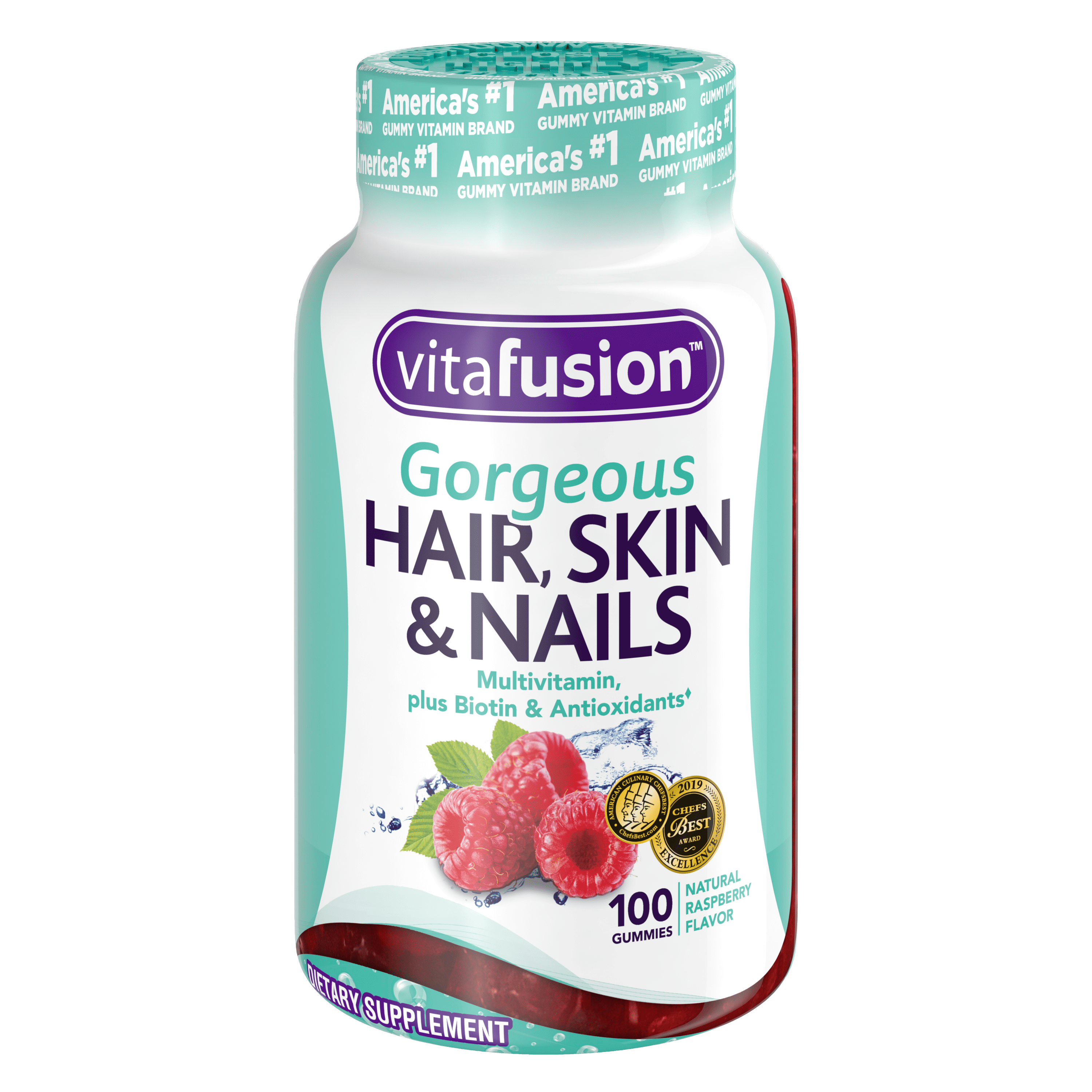Vitamins for Beauty Health

Vitamins are organic compounds that play a crucial role in maintaining overall health, including skin health. They help to protect the skin from damage, promote collagen production, and improve skin elasticity. In this article, we’ll take a closer look at some of the best vitamins for beauty health.
Vitamin A
Vitamin A is a powerful antioxidant that helps to protect the skin from damage caused by free radicals. It also helps to promote collagen production, which is essential for maintaining skin elasticity. Additionally, vitamin A can help to reduce the appearance of fine lines and wrinkles.
Benefits of Vitamin A:
- Protects the skin from damage caused by free radicals
- Promotes collagen production
- Reduces the appearance of fine lines and wrinkles
Sources of Vitamin A:
Vitamin A can be found in a variety of foods, including:
- Sweet potatoes
- Carrots
- Spinach
- Kale
- Mangoes
Vitamin C
Vitamin C is another powerful antioxidant that helps to protect the skin from damage caused by free radicals. It also helps to promote collagen production, which is essential for maintaining skin elasticity. Additionally, vitamin C can help to brighten the skin and reduce the appearance of dark spots.
Benefits of Vitamin C:
- Protects the skin from damage caused by free radicals
- Promotes collagen production
- Brightens the skin
- Reduces the appearance of dark spots
Sources of Vitamin C:
Vitamin C can be found in a variety of foods, including:
- Oranges
- Kiwi
- Strawberries
- Broccoli
- Red peppers
Vitamin E
Vitamin E is a powerful antioxidant that helps to protect the skin from damage caused by free radicals. It also helps to moisturize the skin and improve skin texture. Additionally, vitamin E can help to reduce the appearance of fine lines and wrinkles.
Benefits of Vitamin E:
- Protects the skin from damage caused by free radicals
- Moisturizes the skin
- Improves skin texture
- Reduces the appearance of fine lines and wrinkles
Sources of Vitamin E:
Vitamin E can be found in a variety of foods, including:
- Almonds
- Sunflower seeds
- Avocado
- Spinach
- Sweet potato
Vitamin D
Vitamin D is important for maintaining overall health, including skin health. It helps to regulate the immune system, which can help to reduce inflammation in the skin. Additionally, vitamin D can help to improve skin tone and texture.
Benefits of Vitamin D:
- Regulates the immune system
- Reduces inflammation in the skin
- Improves skin tone and texture
Sources of Vitamin D:
The best source of vitamin D is sunlight. However, it can also be found in a variety of foods, including:
- Fatty fish
- Egg yolks
- Mushrooms
FAQs
Q: Can I get all the vitamins I need from food?
A: While it is possible to get all the vitamins you need from a healthy diet, many people may benefit from taking supplements to ensure they are getting enough of each vitamin.
Q: How much vitamin C do I need per day?
A: The recommended daily intake of vitamin C is 75-90mg per day for adults.
Q: Can too much vitamin A be harmful?
A: Yes, too much vitamin A can be harmful. The recommended daily intake of vitamin A is 700-900mcg for adults. Consuming more than this amount can lead to toxicity.
Q: How can I tell if I am deficient in vitamin D?
A: A blood test can determine if you are deficient in vitamin D. Symptoms of deficiency may include fatigue, muscle weakness, and bone pain.
Conclusion
Vitamins play a crucial role in maintaining overall health, including skin health. Incorporating foods rich in vitamins A, C, E, and D into your diet can help to protect the skin from damage, promote collagen production, and improve skin elasticity. Additionally, taking supplements may be beneficial for some people. However, it is important to talk to your healthcare provider before starting any new supplement regimen.
